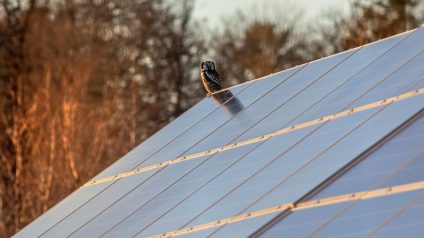A White House report recommends launching an ad hoc research program. Even with outdoor experiments
Europe recently called for global governance for geoengineering
(sustainabilityenvironment.com) – The United States should start a study program of solar radiation management techniques. Not because it is already planned to use geoengineering to counter the climate crisis, but to be ready for its “possible use“. This is the conclusion reached by a 44-page report from the White House, requested by Congress, on the opportunity to screen some of the incoming sunlight on Earth to reduce the global temperature rise.
Of course, the report does not give enthusiastic support to the idea of deploying solar radiation management together with mitigation and adaptation measures. But the simple fact that the world’s leading polluters are giving dignity to the idea of geoengineering – Europe did so last week, albeit in much more cautious tones – brings into the public debate a theme that, until relatively recently, was confined to the scientific debate and remained outside the political one.
Outdoor experiments
“A research programme on the scientific and social implications of solar radiation modification (SRM) would enable more informed decisions to be made on the potential risks and benefits of SRM as a component of climate policy, alongside the key elements of greenhouse gas emissions mitigation and adaptation,” the report argues. It would also help to better assess the impact of SRM if it was used by other actors, public or private, the authors stress.
But a little further, the document clarifies that studying risks and benefits also means experimenting. “A research programme aimed at improving the quantification of the effects of the implementation of potential SRM methods on the terrestrial system should involve observations, experimentation and modelling,” he says. Not only laboratory experiments, in a controlled environment, but also outdoor experiments: “Outdoor experiments would be valuable in combination with model and laboratory studies to understand the processes involved in the potential use of SRM. Outdoor experiments would benefit from the development and testing of aerosol injection technologies, observation systems and analysis tools“.













